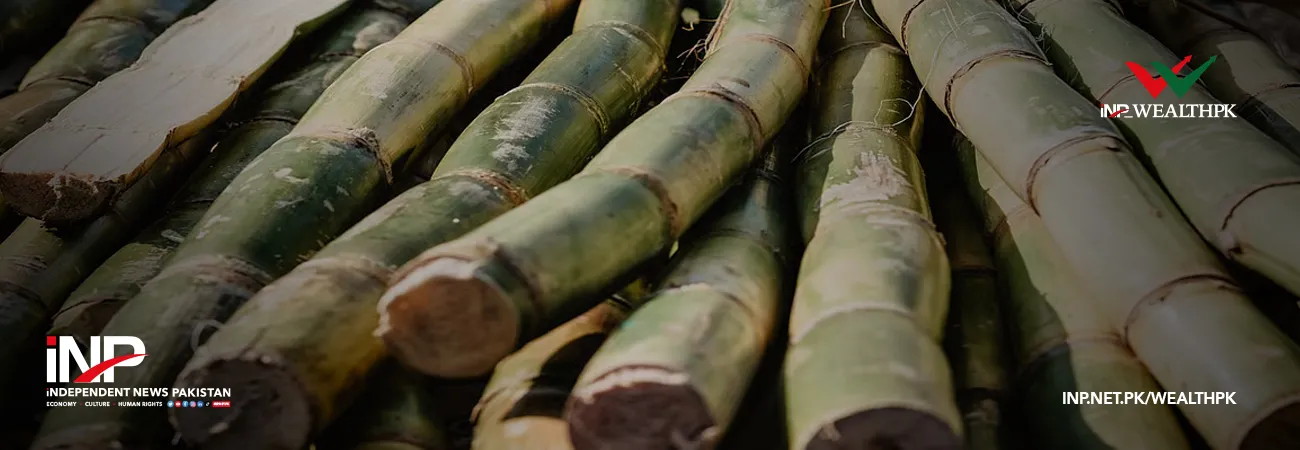INP-WealthPk
URUMQI, (Xinhua) -- Having visited China's Xinjiang five times since 1977, Dogu Perincek, chairman of the Patriotic Party of Turkey, continued to be impressed by the new changes in the region.
"Every time I visited Xinjiang, I could see a brand-new region," Perincek said on the sidelines of an online briefing on the development of Xinjiang Uygur Autonomous Region.
He is impressed with Xinjiang's leapfrogging economic and social progress, as well as the effective protection of its diverse ethnic cultures. "Wherever you turn on TV in Xinjiang, you can find a channel showing programs in the local ethnic language."
The Turkish party leader is not alone to be awed by the changes in Xinjiang. Over 300 leaders of foreign parties and public figures from more than 80 countries and regions attended the online briefing held Monday, shared their views on Xinjiang's development, and dismissed rumors about the region once plagued by terrorism, extremism, and separatism.
[caption id="attachment_55910" align="alignnone" width="4500"] Dogu Perincek (on the screen), chairman of the Patriotic Party of Turkey, receives an online interview on the sidelines of an online briefing on the development of Xinjiang, Feb. 21, 2021. (Xinhua/Wang Fei)[/caption]
Dogu Perincek (on the screen), chairman of the Patriotic Party of Turkey, receives an online interview on the sidelines of an online briefing on the development of Xinjiang, Feb. 21, 2021. (Xinhua/Wang Fei)[/caption]
DISMISSING RUMORS
Solly Mapaila, first deputy general secretary of South Africa Communist Party, has also been to Xinjiang and was amazed by the local living conditions and various improvements.
"All the lies that have been said about China, particularly about the region of Xinjiang, about elimination, are absolutely incorrect," Mapaila said, adding that the end of absolute poverty in Xinjiang shows the efforts of the government and the Communist Party of China (CPC) are "bearing fruit."
Official statistics showed that from 2010 to 2018, the Uygur population in Xinjiang rose from 10.17 million to 12.72 million, an increase of 25.04 percent.
The growth rate of the Uygur population was not only higher than that of Xinjiang's total population, which stood at 13.99 percent, but also higher than that of all ethnic minority groups at 22.14 percent, let alone the Han population's 2 percent in the region.
While dismissing rumors about Xinjiang, many foreign attendees voiced support and appreciation for policies that helped maintain Xinjiang's stability and development.
Kawa Mahmoud, secretary of the Central Committee of the Kurdistan Communist Party/Iraq, said Xinjiang's fight against terrorism and extremism is worth learning from as the region has posted steady growth while reporting no terrorist attacks in more than four years.
Xinjiang's anti-terrorism and anti-extremism efforts are built on the protection of freedom of religious belief and powered by pro-development measures, he noted.
Sergey Sanakoev, president of the Asia-Pacific Region Research Center in Russia, attributed the sound social, economic and cultural developments in Xinjiang to socialism with Chinese characteristics, which puts the people's well-being first.
[caption id="attachment_55909" align="alignnone" width="4500"] Photo taken on Feb. 22, 2021, shows the scene of an online briefing on the development of Xinjiang. (Xinhua/Wang Fei)[/caption]
Photo taken on Feb. 22, 2021, shows the scene of an online briefing on the development of Xinjiang. (Xinhua/Wang Fei)[/caption]
BETTER LIFE FOR MANY
Meeting the people's aspiration for a better life is one of the consistent commitments of the CPC, and the belief is well-practiced in Xinjiang, according to Song Tao, minister of the International Department of the CPC Central Committee.
Song added that the CPC is willing to deepen exchanges on governance with other political parties worldwide to meet the global pursuit of a better life and build a community with a shared future for mankind.
Ranagul Hudabadi, a mother of three in southern Xinjiang's Kashgar, explained at the briefing how well she was taken care of during pregnancy, adding that her children receive free education. "I received free pregnancy tests and several other services from local clinics. And my children receive free education from primary school to senior high."
As the Imam of the well-known Id Kah Mosque in Kashgar, Memet Jume said the country has fully protected religious freedom and improved facilities at mosques, which now have a continuous supply of hot bath water and toilets with flush.
Tusennisa Eli, a graduate of a vocational education and training center in Hotan, shared her real experiences inside the center, saying there was no such thing as "forced labor" at all inside the center.
"We chose vocational skills lessons based on our preferences," said the southern Xinjiang resident, who chose to learn stitchwork out of love for fashion. She now makes over 4,000 yuan (about 681.8 U.S. dollars) each month as a workshop supervisor in a clothing firm.
[caption id="attachment_55908" align="alignnone" width="4500"] Ranagul Hudabadi, a mother of three in southern Xinjiang's Kashgar, shares her story during an online briefing on the development of Xinjian, Feb. 22, 2021. (Xinhua/Wang Fei)[/caption]
Ranagul Hudabadi, a mother of three in southern Xinjiang's Kashgar, shares her story during an online briefing on the development of Xinjian, Feb. 22, 2021. (Xinhua/Wang Fei)[/caption]
Official data showed that the per capita disposable income of urban residents in Xinjiang increased 5.8 percent annually on average in the last five years, while that of rural residents climbed 8.3 percent.
"What Xinjiang has done is aboveboard and candid, and seeks to benefit the people of all ethnic groups," said Chen Quanguo, CPC chief of Xinjiang.
Xinjiang will keep up the people-centered development to bring enhanced security and prosperity to locals, Chen added.





